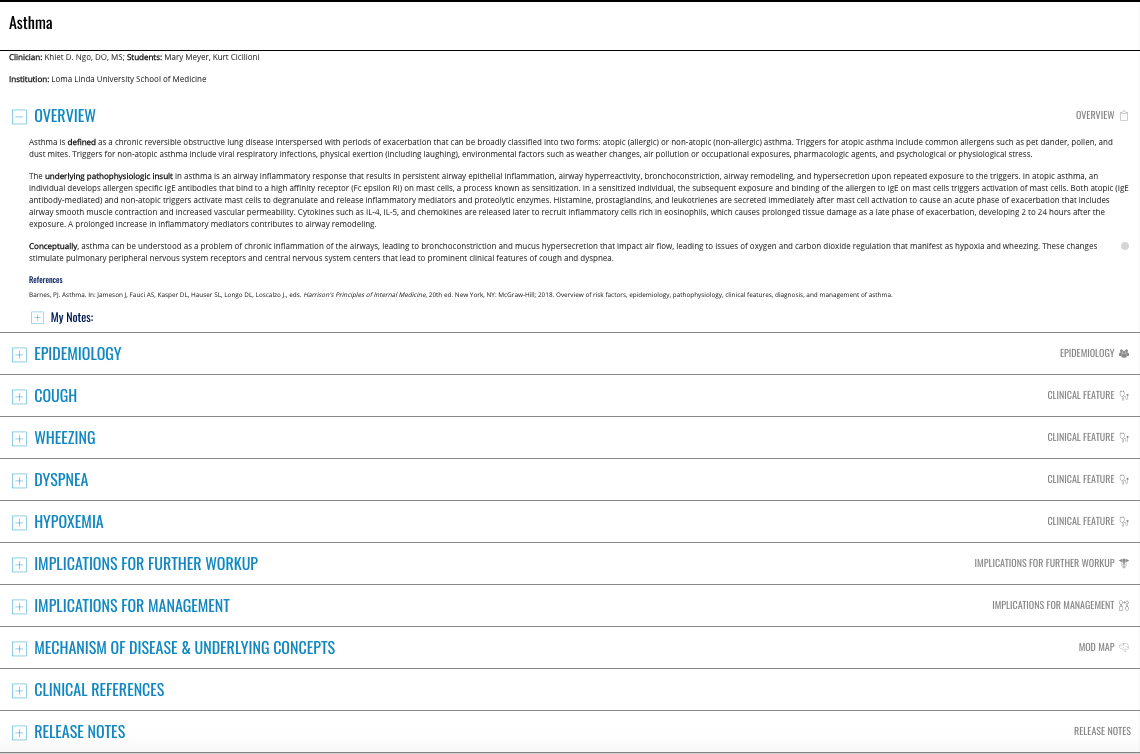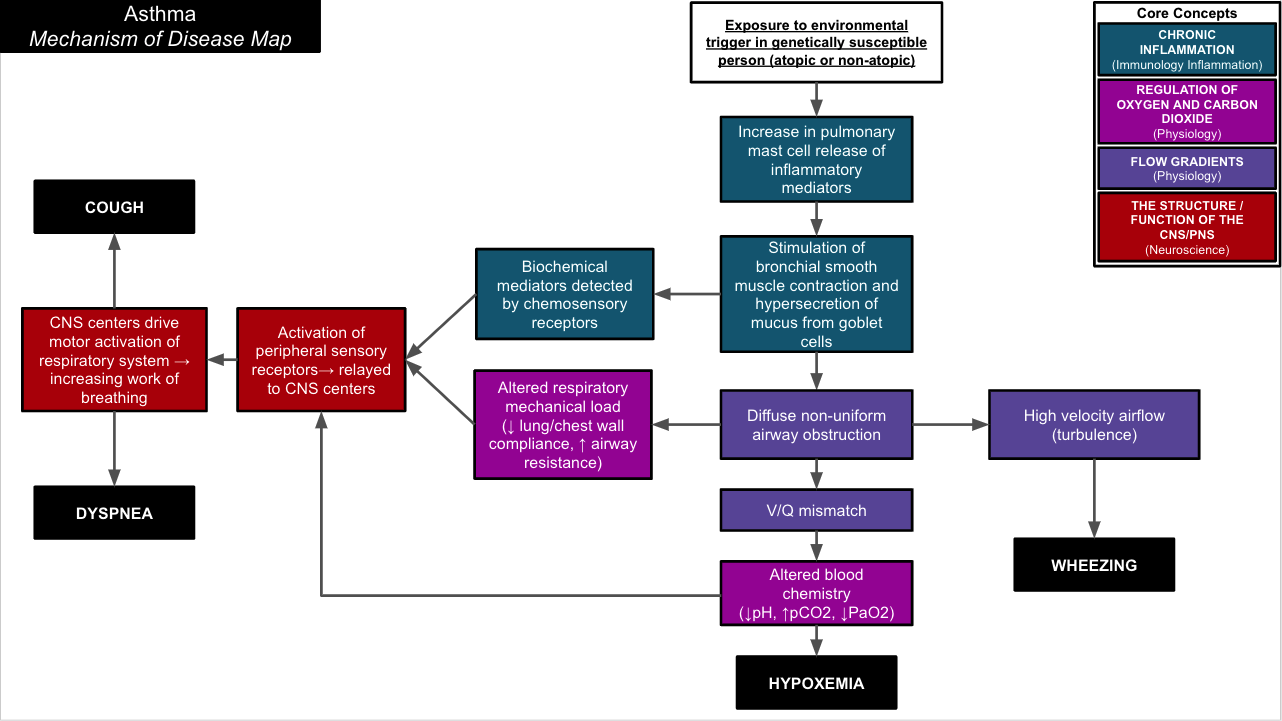
"Aquifer is like having a clinical preceptor who has all the time in the day to sit with me and explain everything in detail, at any pace I request."
-MD Student
Building Clinical Reasoning Skills
Aquifer is committed to preparing students for clinical practice. Our rich case content focuses on teaching evidence-based clinical decision-making and developing the problem-solving skills vital to providing quality patient care.
Aquifer Cases Give You:
Access to Patients & Key Conditions
Gain experience missed in clinic due to lack of patients, disruptions, or seasonality.

A Safe Space to Practice Clinical Decisions
Realistic, interactive patient scenarios allow students to deepen their understanding, check their knowledge, and develop diagnoses before they are at the bedside.
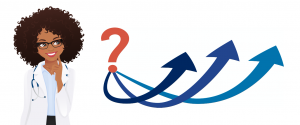
Deep Evidence-Based Content
Comprehensive coverage of core clinical concepts, written and peer-reviewed by expert medical educators.

Aquifer’s Top Quality, Trusted Content is used in:
of U.S. allopathic medical schools
of U.S. osteopathic medical schools
PA programs
& a growing number of nurse practitioner programs, international medical schools, and residency programs.
Expansive Content on Core Topics
Aquifer’s 250+ cases include content in core disciplines:
Family Medicine – Geriatrics – Internal Medicine – Neurology – Pediatrics – Radiology
and Clinical Excellence Case Sets on key topics:
Palliative Care – Trauma-Informed Care – High Value Care – Diagnostic Excellence – Telemedicine – Social Determinants of Health
Plus, a growing library of Integrated Illness Scripts that link basic science causal mechanisms to key clinical knowledge to explain the “why” behind core conditions.
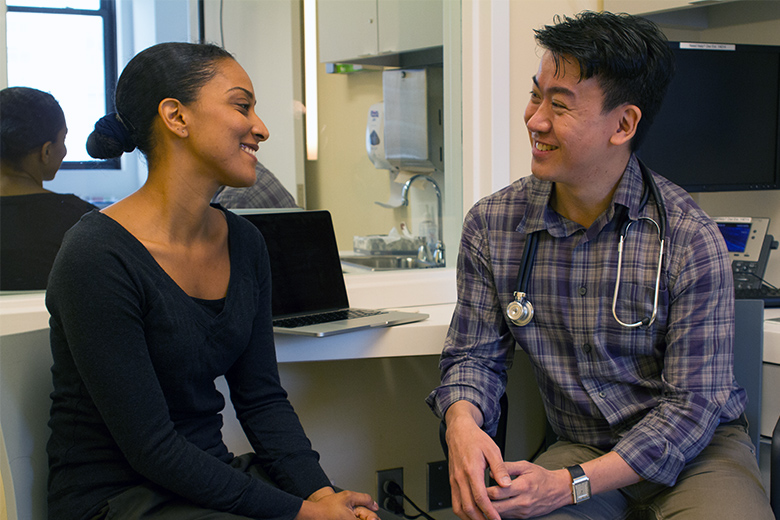
Why Students Love Aquifer
“The material is highly relevant to my clerkship and what I’m encountering on a day-to-day basis, reinforcing my clinical learning and providing excellent resources to share with other clinic providers. Questions at the end are also useful for checking that I successfully understood the learning objectives and retained new knowledge.”
– 3rd-year medical student
“Aquifer has really challenged me and improved my critical thinking and diagnostic reasoning.”
– Nurse practitioner student
“Aquifer does a great job of curating the most important concepts for us to learn and seamlessly weaving them into realistic cases. Before I saw patients on the wards, Aquifer’s virtual patients gave me enough clinical context to remember the highest yield points to present to my attending. This is the way to learn “bread-and-butter” medicine!”
– 3rd year Medical Student
“I really value how close to real life Aquifer is. It makes me feel like I’m on rotation!”
– PA Student

138,247 students rated Aquifer 4.5/5 stars
Student Stories: How Aquifer Helps
Tips for Making the Most of Aquifer Cases
Think of each Aquifer case as a real patient
Consider cases the patients that you didn’t get to see or want to brush up on.
Plan enough time for a thorough review
Cases are deep and can take up to 45 minutes to complete.
Practice Your Skills
Embedded assessments and practice summary statements, with detailed answer explanations, provide valuable practice opportunities.
Don’t miss the Case Summaries and Extension Questions
At the end of each case you’ll find In-depth case summaries – perfect to save or print as a study guide – plus additional self-assessment questions to extend your learning.
Discussing cases makes connections
Plan to talk through cases with a friend or study group to maximize your learning if you aren’t covering them in class.
Our Proven Pedagogy
- Complete Encounters with Patients & Preceptors
- Realistic Clinical Experiences
- Written by Experts & Aligned with National Curricula
- Modeling Communication
- Embedded Self-Assessment Throughout Cases
- Just-In-Time Coverage of Clinical Excellence Topics
- Integration of Basic Science and Clinical Education
- Formative Assessment Tools build Self-Directed Learners
Complete Encounters with Patients & Preceptors
Aquifer cases walk students through all of the steps of a patient encounter.

Realistic Clinical Experiences
Cases include results of diagnostic testing, videos, audio, and images to provide a deep and realistic patient scenario.
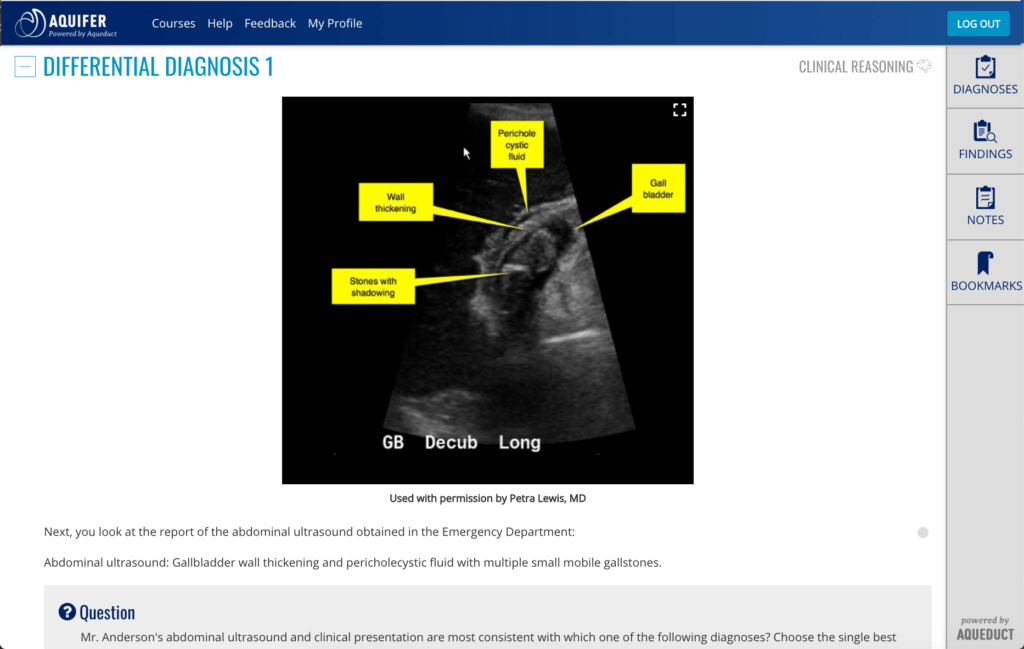
Written by Experts & Aligned with National Curricula
Aquifer cases are written and maintained by the Aquifer Consortium of leading health professions educators, and developed to provide comprehensive coverage of national organization curriculum.

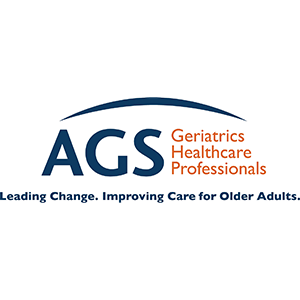
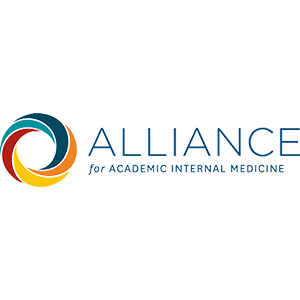
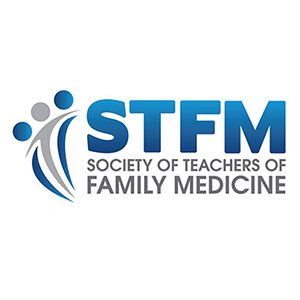
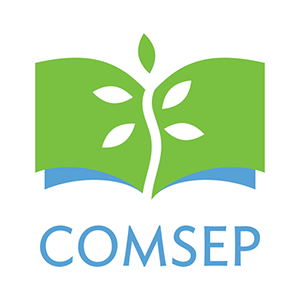
Modeling Communication
Each case includes detailed dialog that models effective communication with both patients and preceptors—an ideal way to prepare students for clinic.
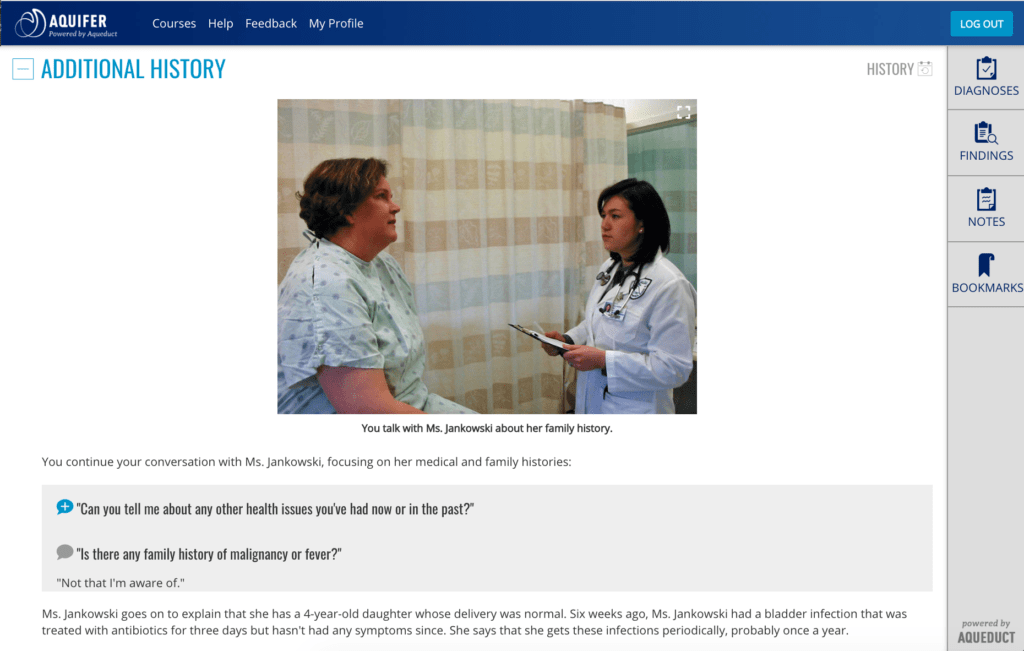
Embedded Self-Assessment Throughout Cases
Cases include built-in questions for self-assessment with detailed answer explanations, opportunities for students to practice writing summary statements, and additional self-assessment questions at the end to reinforce key concepts and extend learning beyond a single scenario.
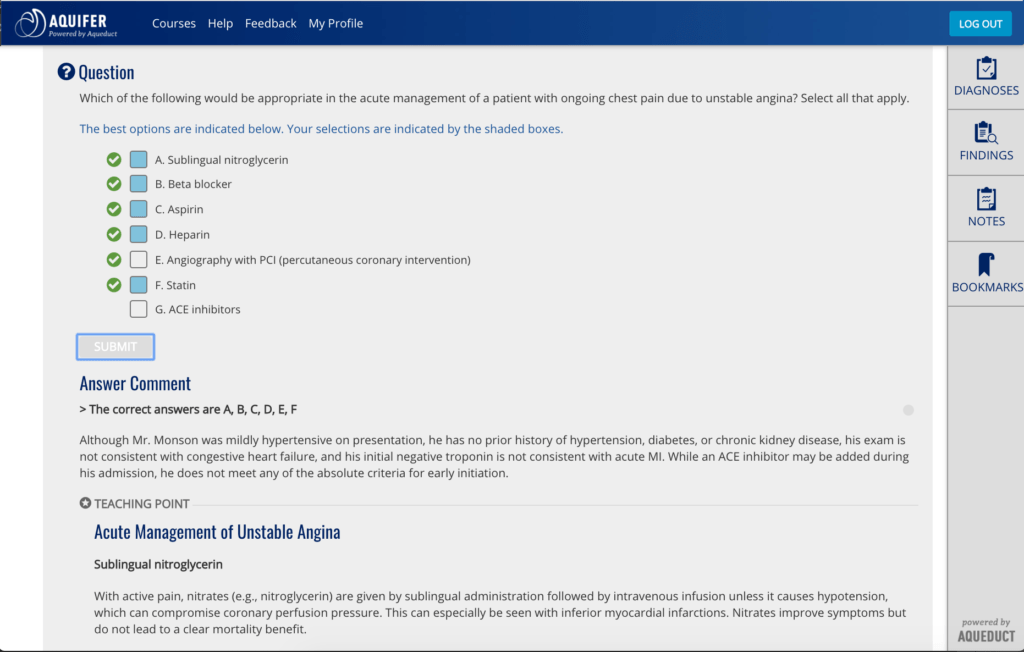
Just-In-Time Coverage of Clinical Excellence Topics
Brief, just-in-time coverage of Palliative Care, Trauma-Informed Care, Social Determinants of Health, High Value Care, Diagnostic Excellence and Telemedicine is included in select cases - a great way to ensure consistent coverage of these often orphaned topics without adding faculty time.
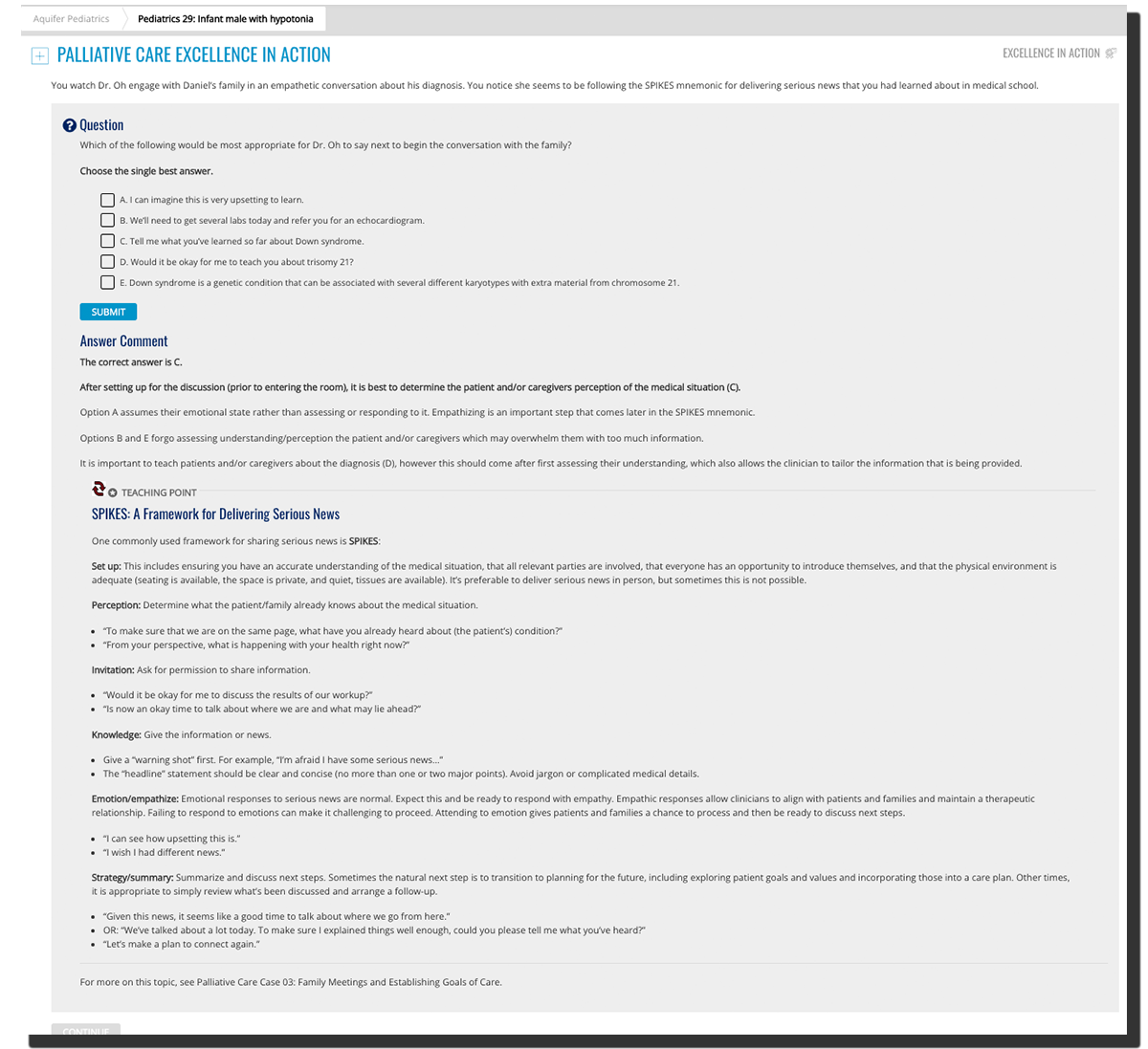
Formative Assessment Tools build Self-Directed Learners
Calibrate formative assessments for Family Medicine, Internal Medicine, Pediatrics and Radiology drive self-directed learning in clinical students, helping them build higher order thinking and problem solving skills, and provides a common tool and objective data to align students and faculty and leverage mid-clerkship feedback.
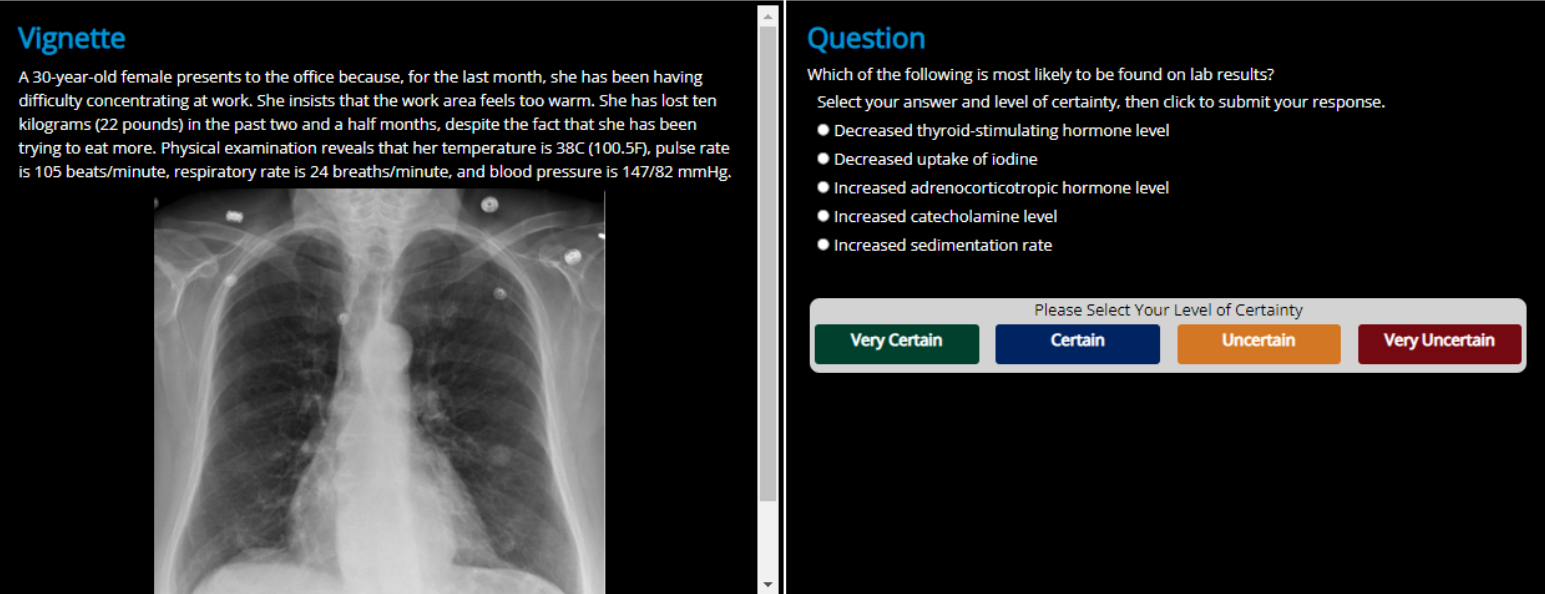

Meet Our Student Advisory Groups
We’re listening!
Aquifer’s Student Advisory Groups provide ongoing feedback about our current learning tools and developing projects to inform future development and improvements.


